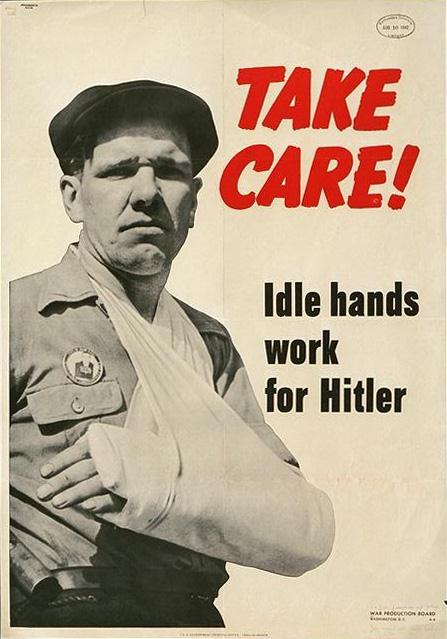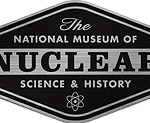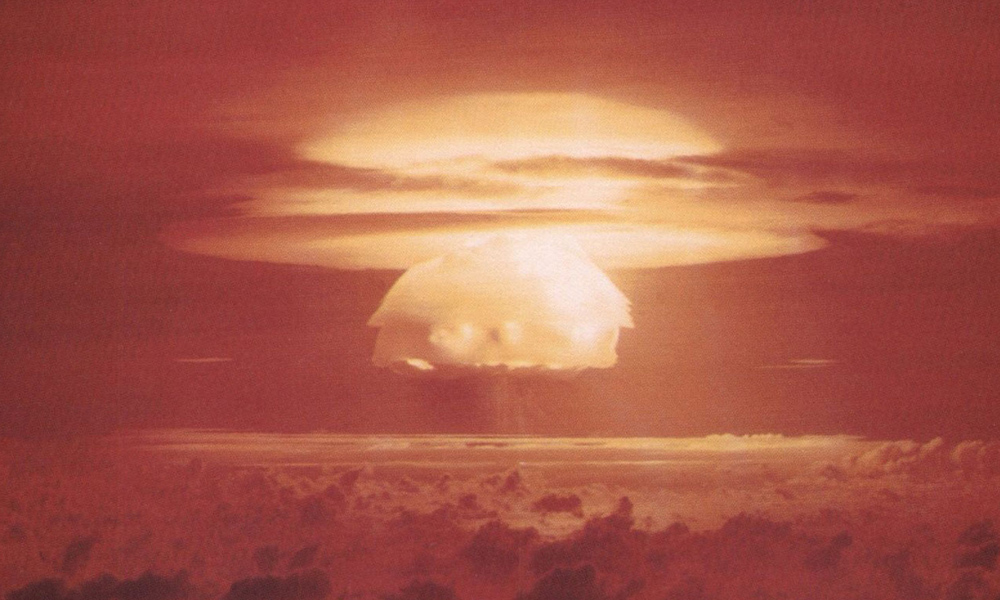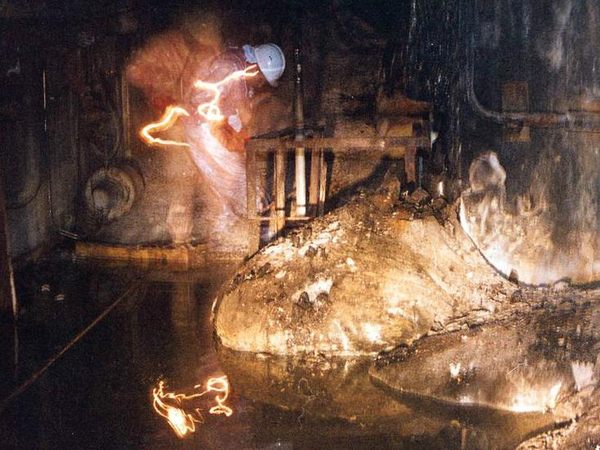Christopher Nolan's movie about J. Robert Oppenheimer is worth viewing in a theater. Its that well done.
It provokes me to think of who were the geniuses of the US Civil War?
Robert E. Lee comes to mind, because he kept the Confederacy alive with very little to work with. But he made such a terrible decision to begin with, when both General Scott and members of his family were against secession, that he is disqualified in my opinion.
Nathan Forrest was a great fighter, but he was easily diverted into small fights that did not matter to the main operation. And in my opinion he was using up livestock resources at a rate the Confederacy could not sustain.
Three men on the US side combined intelligence and efficiency and achieved results beyond what any replacement could have achieved.
The immigrant from Scotland, Daniel McCallum, applied the management system he had developed to the management of the USMRR in the Kentucky/Tennessee/Georgia theater and his success there shortened the war and saved lives.
David Farragut never lost track of modernizing forces in naval warfare. He was not voluminous reader, but between lectures and conversations with other captains, he knew steam powered vessels could achieve things that were impossible for sail powered vessels.
The man most similar to Oppenheimer was probably B.F. Isherwood. And Isherwood's post war experience had much in common with Oppenheimer's post WWII experience. Isherwood's contribution was to steam engineering. And his insistence that everything had to measured and compiled kept the US naval program on track when the administration listened to him.
Christopher Spencer should be considered. He realized that in the age of the mechanical revolution, anything was possible. He combined features of the existing carbines, and reversed the feeding mechanism used in what was then the Henry's 16 shot rifle, and developed a workable magazine rifle which had an enormous impact on US cavalry battles starting in September 1864.
Nominate your favorite. Have fun.
It provokes me to think of who were the geniuses of the US Civil War?
Robert E. Lee comes to mind, because he kept the Confederacy alive with very little to work with. But he made such a terrible decision to begin with, when both General Scott and members of his family were against secession, that he is disqualified in my opinion.
Nathan Forrest was a great fighter, but he was easily diverted into small fights that did not matter to the main operation. And in my opinion he was using up livestock resources at a rate the Confederacy could not sustain.
Three men on the US side combined intelligence and efficiency and achieved results beyond what any replacement could have achieved.
The immigrant from Scotland, Daniel McCallum, applied the management system he had developed to the management of the USMRR in the Kentucky/Tennessee/Georgia theater and his success there shortened the war and saved lives.
David Farragut never lost track of modernizing forces in naval warfare. He was not voluminous reader, but between lectures and conversations with other captains, he knew steam powered vessels could achieve things that were impossible for sail powered vessels.
The man most similar to Oppenheimer was probably B.F. Isherwood. And Isherwood's post war experience had much in common with Oppenheimer's post WWII experience. Isherwood's contribution was to steam engineering. And his insistence that everything had to measured and compiled kept the US naval program on track when the administration listened to him.
Christopher Spencer should be considered. He realized that in the age of the mechanical revolution, anything was possible. He combined features of the existing carbines, and reversed the feeding mechanism used in what was then the Henry's 16 shot rifle, and developed a workable magazine rifle which had an enormous impact on US cavalry battles starting in September 1864.
Nominate your favorite. Have fun.










:max_bytes(150000):strip_icc()/AbandonedcoolingtoweratChernobyl-5c303470c9e77c00017d973c.jpg)